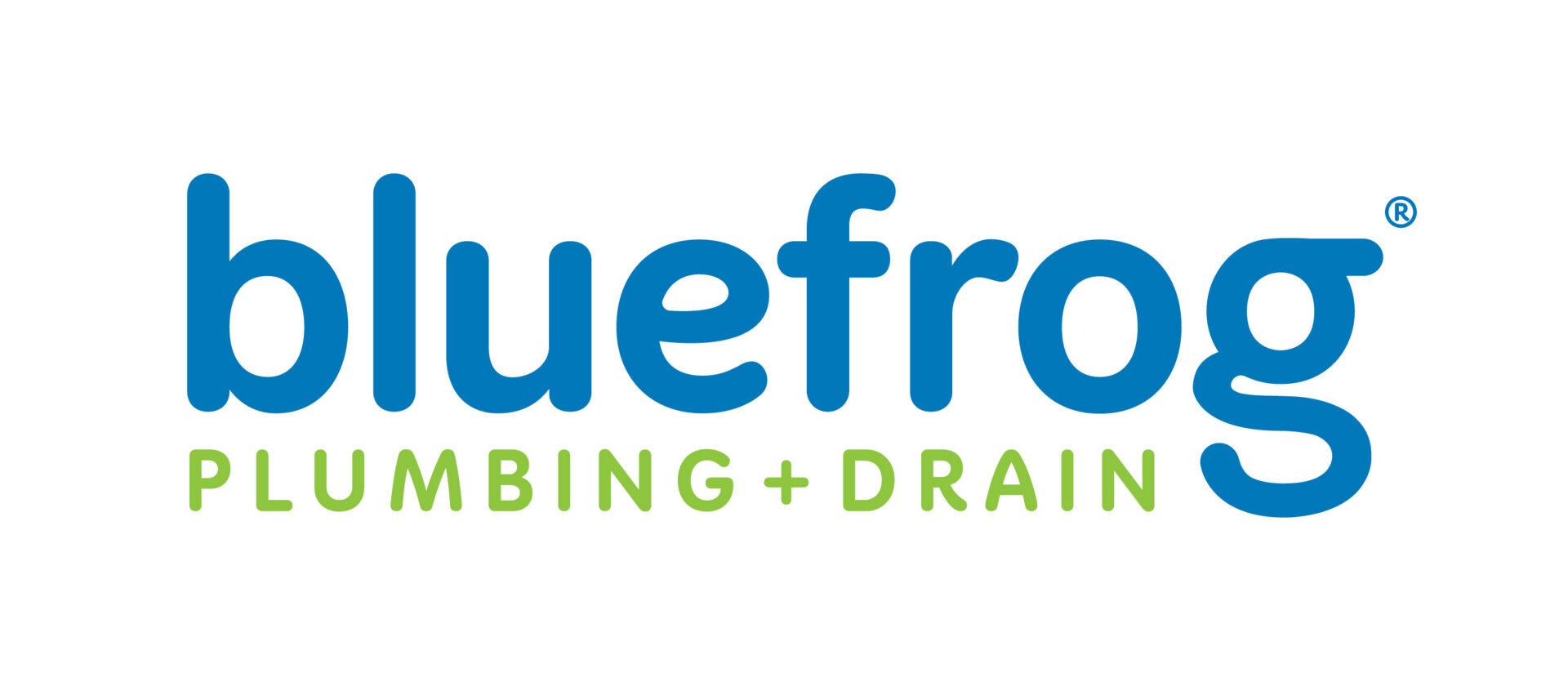Many homeowners in the U.S. worry about hard water and believe that soft water is more palatable and safer for consumption and everyday use. However, softening water isn’t a health requirement but a personal choice. Nevertheless, many homeowners invest in water softeners to enjoy the benefits of soft water.
So, how do water softeners work, and what does it mean? Read on to find out.
Hard Water vs. Soft Water
First, we must discuss the difference between soft and hard water. Hard water contains a higher concentration of minerals, specifically calcium and magnesium ions. About 85% of the water supply in the United States is hard water, meaning most of the country’s households invest in water softeners.
The mineral content in hard water is 120 to 180 parts per million. In contrast, soft water has less than 17 parts per million.
To soften water, a device is inserted into the plumbing to address the high mineral content in the hard water and convert it into soft water before it comes out of faucets or enters appliances like dishwashers, washing machines, and water filtration machines for drinking water.
How Do Water Softeners Work: A Review
Water softeners are metal units that resemble large oxygen tanks (although there are smaller versions that can fit under a kitchen sink). These are installed in the plumbing system before the water supply enters the house.
Inside the tank is a porous plastic resin coated with positively charged sodium ions that attract the calcium and magnesium in the hard water. As the hard water flows through the tank, the resin beads capture the calcium and magnesium minerals, preventing them from passing through.
What makes water softeners work so well is that as more hard water flows into the tank, more calcium and magnesium ions cover the resin. However, as these minerals are absorbed into the resin, they release sodium ions into the water, keeping the resin’s electrical charge balanced.
After a few days, the resin will become saturated with mineral calcium and magnesium ions and less effective at attracting hard minerals. This calls for a routine “rinse” or “regeneration cycle” that renews the resin’s ability to capture calcium and magnesium ions. During this process, the unit fills with a brine solution (saltwater or water with a high concentration of sodium chloride) to displace the calcium and magnesium accumulated in the resin. After enough time has passed, the brine water will drain, along with the hard water minerals that have been rinsed off. The resin will once again be coated with sodium ions, ready to restart another round of water softening.
When Do You Need Water Softeners?
After learning the answer to how water softeners work, you’ll want to know when to get one.
In truth, there’s nothing particularly wrong with hard water. It is not contaminated water, and it is safe to use. However, hard water can be uncomfortable and sometimes unpleasant to use.
Here are the signs that you’re using hard water:
- When washing your hands and body with soap, it will feel like residue sticks longer to your body, and you need to rinse longer to feel clean. This happens because soap reacts with the calcium in the water and produces a harmless film on your skin.
- When washing dishes or using the dishwasher, you’ll find white spots on the glasses, cutlery, and metal bowls. These spots are calcium carbonate deposits that dishwashing soap couldn’t thoroughly wash away.
- If your clothes wear out faster than expected in the washing machine, there’s a good chance that it’s hard water flowing into your appliance.
- Hard water used for drinking isn’t tasteless. Minerals improve the taste of water, giving hard water a distinct flavor.
- If your indoor plumbing appears clogged, hard water can be a culprit. Hard water minerals can settle inside pipes and accumulate over time, forming hard deposits that can block pipes.
How Do I Know If My Water Softener Is Working?
It’s easy to figure out if your water softener is doing an excellent job of filtering out excess minerals in your water:
- Soap and cleansing products lather easily, and you can produce a thick foam when washing your hands and body.
- There are no white spots on your dishes after you wash them.
- Your clothes come out cleaner from the washing machine and don’t have mineral stains.
- There are no more clogging issues due to calcium deposits in your indoor plumbing.
Should anyone ask, “How do I know if my water softener is working,” these are simple indicators that can verify it.
Achieve the Water Quality You Want with bluefrog Plumbing + Drain
If you prefer soft water over hard water, you only need to find a quality water softener and experienced installation technicians who’ll ensure everything works properly. Bluefrog Plumbing + Drain can help you with this. We are a highly-rated, award-winning plumbing solutions company offering various residential and commercial plumbing services. Whether you need water softener repairs, replacements, or new installations, we’re the best people to call.
Contact our Salt Lake City plumbers to inquire.
